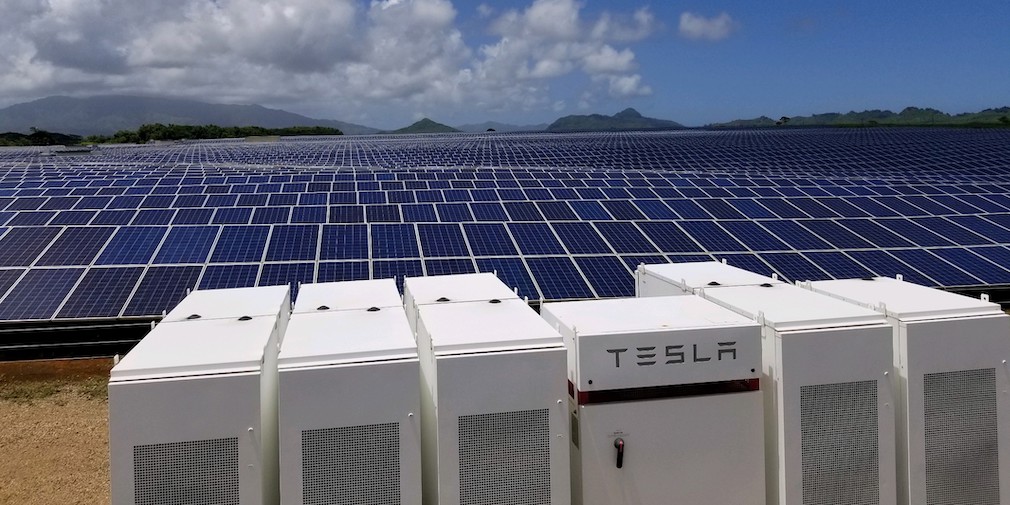From pv magazine USA
Wood Mackenzie's predictions for a record year for behind-the-meter storage in the United States have been tamed, falling 31% due to the ongoing impact of the Covid-19 pandemic.
In the company’s most recent Energy Storage Monitor report, experts predicted that 632 MW of behind-the-meter storage would be installed in 2020, up 232% growth from 272 MW in 2019. Commercial installations were expected to account for 212 MW of the total, with the remaining 420 MW to come from residential batteries. In 2019, 133 MW of commercial batteries were installed, along with 139 MW of residential batteries.
With the 31% decrease in mind, that brings the new 2020 outlook to around 430 MW, which is still a more than 100% increase over 2019.
If decreased deployment projections weren’t somber enough news, there is also concern for projects that will get completed due to the delays they will still face. Wood Mackenzie doesn’t echo increasingly common concerns about supply chain disruptions – at least as far as batteries are concerned. It is focused more on the role of commissioning and interconnection in a period of shelter-in-place ordinances.
“This has led to project delays and additional costs which, if they continue long enough, will lead to projects missing crucial deadlines – such as ITC qualification – which could destroy project economics,” said Brett Simon, Wood Mackenzie senior research analyst. “Some developers were forward-thinking enough to build longer delivery timelines into their contracts, giving them some wiggle room given delays from the original proposed commissioning date that they expect to be able to meet. However, we expect these problems to exacerbate as permitting agencies begin to pull back personnel and further government mandates limit individual movement and travel.”
Popular content
This forecast contradicts the concerns of Texas behind-the-meter solar and storage installer Bret Biggart. Biggart, one of the “forward-thinking” developers to prepare for potential shortages, says that he has enough product in-house to operate as-is for another two months.
As for shelter-in-place ordinances, Biggart is dealing with that on a municipal level, as the four main markets he operates in – Houston, Dallas, Austin and San Antonio – all have instituted policies beyond that of the state.
“Shelter-in-place ordinances generally have a carveout for businesses that provide critical infrastructure support,” Biggart shared. “We consider ourselves to be a critical grid infrastructure provider.”
Wood Mackenzie shares that “most North American storage developers source batteries from Asian manufacturers, which are ramping back up as coronavirus impacts abate in manufacturing hubs.” The company does also note, however, that there is uncertainty around the supply of components manufactured in North America and that “a delay of even a few days for product delivery can cause reverberations.”
The report also mentions the challenges of selling batteries and reaching customers during a pandemic – a well-documented issue.
This content is protected by copyright and may not be reused. If you want to cooperate with us and would like to reuse some of our content, please contact: editors@pv-magazine.com.



1 comment
By submitting this form you agree to pv magazine using your data for the purposes of publishing your comment.
Your personal data will only be disclosed or otherwise transmitted to third parties for the purposes of spam filtering or if this is necessary for technical maintenance of the website. Any other transfer to third parties will not take place unless this is justified on the basis of applicable data protection regulations or if pv magazine is legally obliged to do so.
You may revoke this consent at any time with effect for the future, in which case your personal data will be deleted immediately. Otherwise, your data will be deleted if pv magazine has processed your request or the purpose of data storage is fulfilled.
Further information on data privacy can be found in our Data Protection Policy.